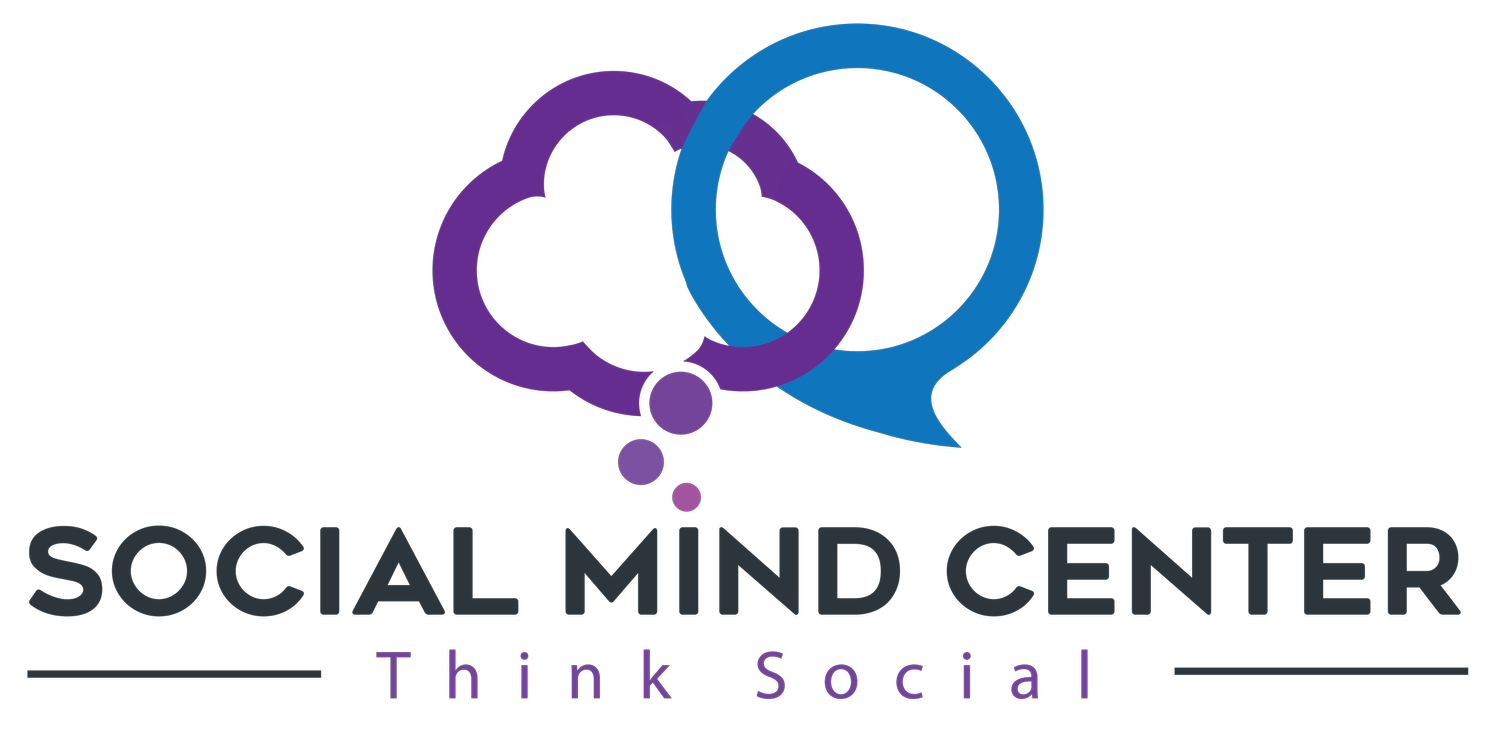WHAT SKILLS COME FIRST?
Smart conversations:
One of our parents asked what skills come first ? There are so many skills involved in social competency what should I focus on first?
Control - self-regulation
First skill should be self-regulation which requires executive functioning skills (Cognitive Control). When a child has difficulty with attention, impulsivity, inflexibility or emotional regulation, those regulation issues are barriers to learning and independence. These behaviors can be very disruptive in a classroom or social setting.
In my conversations with teachers regarding students starting kindergarten or in a general education classroom the most important skill set is the independent navigation of the environment which requires self-regulation (cognitive control/executive function skills). What does that look like when a student is independently navigating a classroom?
listening
actively attending
following directions
start working and completing work
turning in homework
whole-body listening (stay seated or in group time)
manage supplies -taking out supplies, packing up supplies
takes turns
transitions in timely manner
changes topic or tasks without opposition
uses bathroom independently
respect other’s personal space
The three main skill groups in executive function are as follows:
Here are some examples of how weakness in any of these areas can impact self-regulation.
Impulse control /inhibition is the ability to stop one’s own behavior at appropriate time, including inappropriate actions and thoughts avoid distractions and temptations). Weakness in this area may look like (Rodden, 2020):
calls out during lessons
touches objects and peers
invades other’s personal space
interrupts conversations
makes careless errors -written & verbal
struggles with directions: not reading directions and misreading directions
misinterprets text
attempts to solve problems without planning
starts and stops tasks repeatedly
Working memory allows for one to retain information to use to complete a task. When the teacher is explaining homework the child must retain the directions to write the directions and details down on homework planner. Weakness in this area may look like (Rodden, 2020):
gets confused when too much information is presented
has trouble remembering things
may lose track of what they are doing as they work
has difficulty sequencing math word problems
has poor reading comprehension
difficulty summarizing
has difficulty with directions
Cognitive flexibility allows for one to shift from one task to another (transition) and for one to move from one idea to another. The child must be able to consider more than one perspective. For example, their working in a group requires following the group agenda not individual agenda. They must be able to shift with the group agenda during the group activity. Weakness in this area may look like (Rodden 2020):
difficulty with transitions
difficulty starting a new task before the first task is complete
difficulty switching gears (addition and subtraction problems on the same page)
demonstrative preservative behaviors (stuck)
has difficulty switching to a new topic or new subject
is inflexible and rigid
difficulty trying new things or experiences
Summer is a great time to practice and build skills with activities that are not necessarily academic related. You can build these skills without doing repetitive, rogue homework worksheets and tasks:
In fact, practicing executive functions skills in social, family and life skill experiences such as playing games, cooking, art projects, building projects, and hosting events (Covid considered). Including these activities in your daily structured activities will increase these skills without the power struggle or struggle with academic geared worksheets. There are many activities that are fun and require focus, following directions, and require flexibility (Center for Developing Child, 2011).
card games for working memory - go fish, old maid, happy families, I doubt it
card games for cognitive flexibility - crazy eights, spoons, uno, blink, set
cognitive flexibility -new places, new experience and new way to do activity
exposure to a new food (same food different recipe), new game, new park, new movie
for children difficulty trying something new introduce first we try __________ and then you can return to the preferred
inhibitory/impulse control - playing hiding seek, tag or scavenger hunt
activities that require waiting (board games are helpful)
activities that require delayed gratification (place a realistic time frame)
for a child that has great difficulty in this area you want to build up the amount of time participating in the activity 10-15 minute increments. You may have to try different activities until till finding one that is most attractive
cooking - following recipe for a new dish includes all three skills. Shop for recipe items together add additional skill practice
movement - help to increase flexibility, build endurance, strengthen core (increases attention and writing endurance). Movement also helps to calm emotions and manage stress
practice yoga
running
nature walks
dancing -zumba
Trying new ways to learn same skills requires cognitive flexibility so parents make sure you are being flexible and embracing new ways to learn and teach skills.
Resources:
Center on the Developing Child at Harvard University (2011). Building the Brain’s “Air Traffic Control” System: How Early Experiences Shape the Development of Executive Function: Working Paper No. 11. Retrieved from www.developingchild.harvard.edu.
Rodden, Janice. What is Executive Function Disorder? Additudemag. May 11, 2020; https://www.additudemag.com/what-is-executive-function-disorder-

